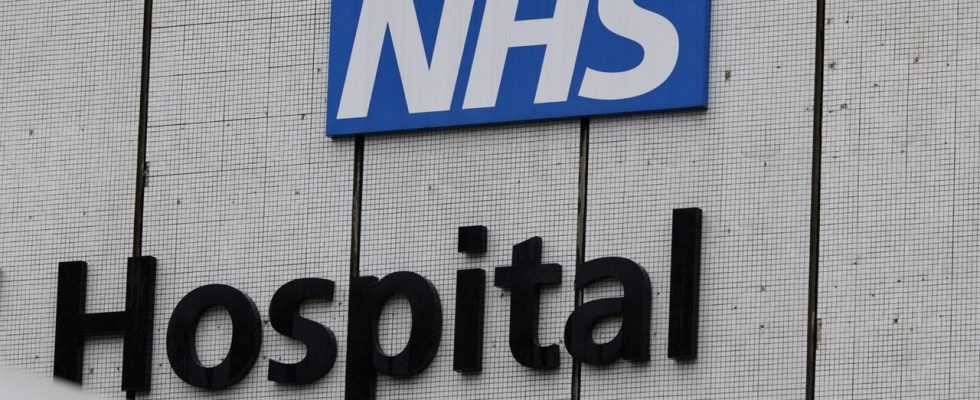The British health system NHS is in a permanent crisis. Now England’s junior doctors are stopping work for a full six days – and are demanding 35 percent more pay. The conservative government believes this is unaffordable.
There has never been such a long strike by junior doctors in the British healthcare system: from Wednesday, the young specialists in England – it has been announced – will stop work for six days.
It is the most difficult time of the year for hospitals, when people with infectious diseases such as flu and corona are added to all the people who need to be treated in hospital anyway.
Stephen Powis, medical director of the NHS in England, believes that thousands of treatment appointments will have to be cancelled: “There will be emergency care, but the people whose appointments will now be postponed are in addition to the 1.2 million patients who are on the waiting lists.”
Assistant doctors want 35 percent more pay
The health service is overwhelmed. The waiting lists are getting longer and longer, there is a lack of money, there are too few staff, and positions cannot be filled.
About half of the doctors who work in hospitals are junior doctors, meaning they belong to the professional group that is now giving up work for more money. The young doctors demand fair pay. The advocacy group, the British Medical Association (BMA), wants to push through a pay increase of 35 percent. This increase would just secure the income level of 2008, it is said.
The government argues that this is unaffordable. The strikes only exacerbated problems in the NHS. Over the past 13 years, the Conservative government has significantly reduced spending on the health service, even experts say: The government has made cuts to the NHS.
Shortly before Christmas 2023, the English junior doctors went on strike for a few days.
Deficits in Healthcare Are very big
The situation is so disastrous that even many patients have sympathy for the interns. A woman interviewed outside a hospital in Kent said the young doctors were working very hard. They would help people and only went on strike because there was really no other way.
In a study by the think tank Public Policy Research, the authors come to the conclusion that the deficits in the health service are so great that it will take ten years to make up for them and to reduce the waiting lists to the level of 2010.
The paper also states that half of those surveyed would even pay higher taxes if this could eliminate the deficits in the public sector, including the health service.
Government is concerned
The negotiations have so far brought nothing, Health Minister Victoria Atkins called on the junior doctors to return to the negotiating table. The government is concerned about the massive impact of these strikes.
Most recently, the “junior doctors” in England stopped work for three days in December. 88,000 appointments had to be canceled. There has already been an agreement in Scotland, further strikes are likely to take place in Wales this month, and in Northern Ireland the junior doctors’ vote on whether there should be strikes is still pending.
Christoph Prössl, ARD London, tagesschau, January 2nd, 2024 6:15 p.m

